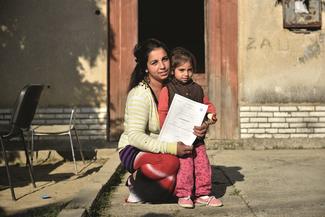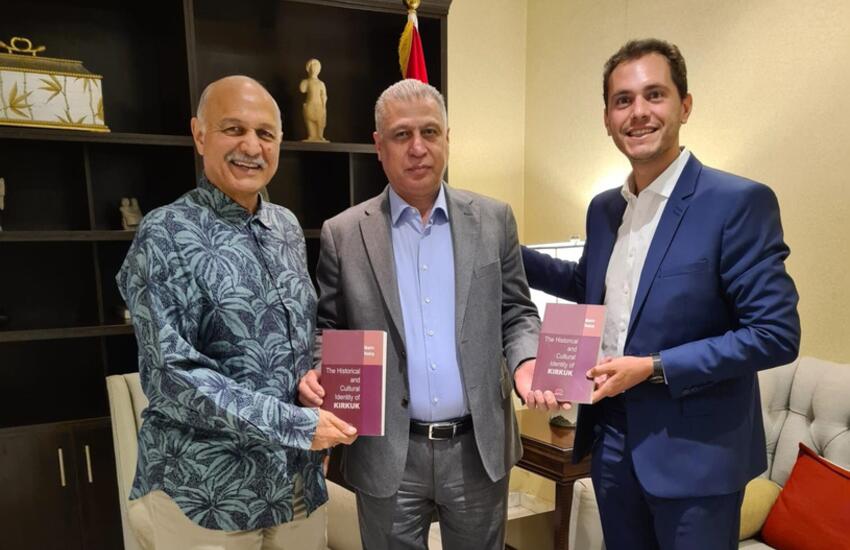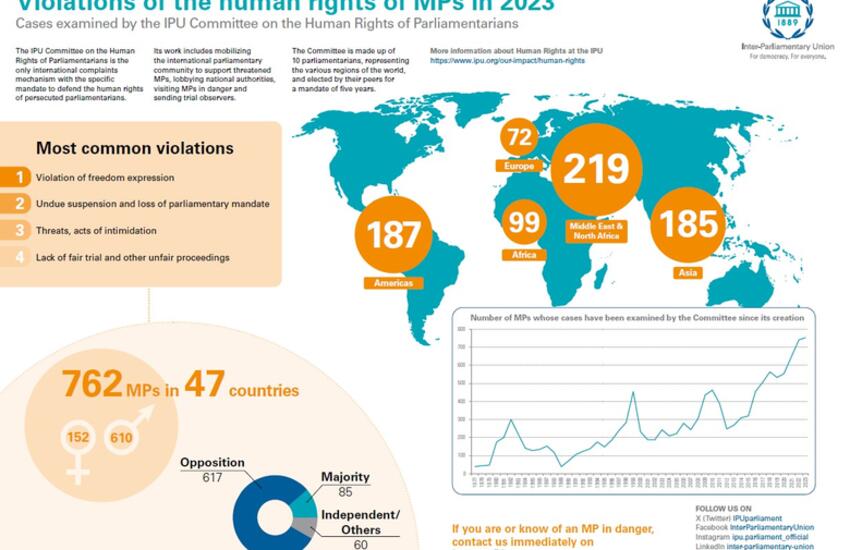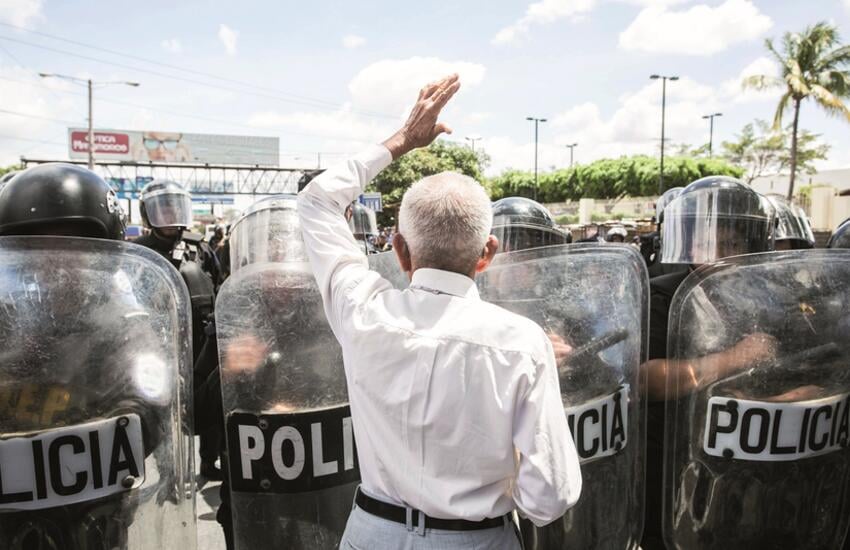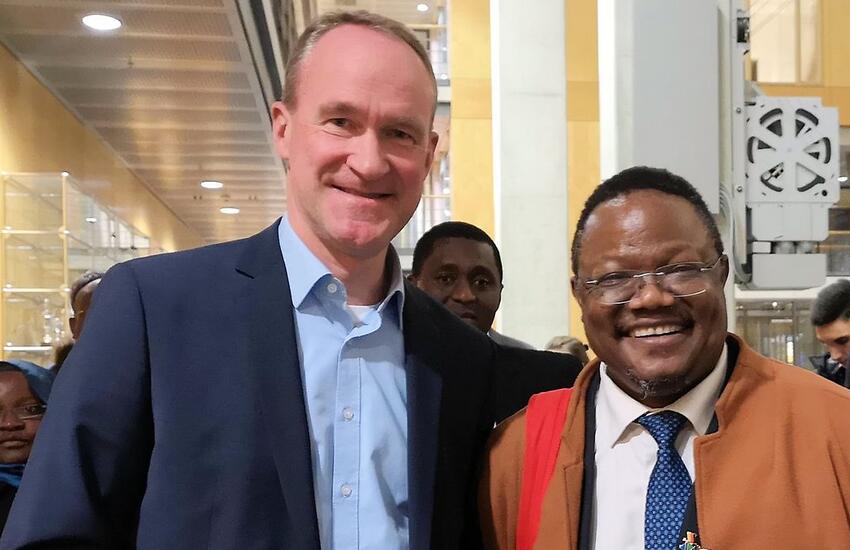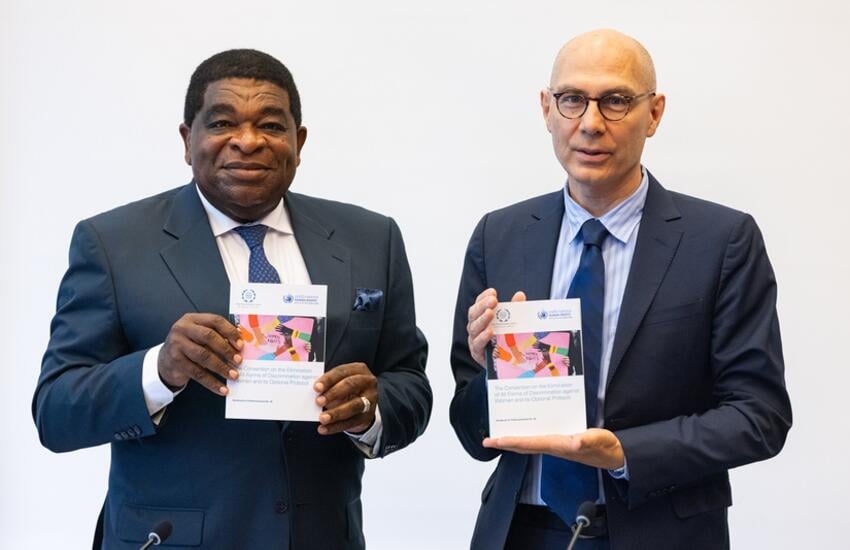The IPU and The United Nations High Commissioner for Refugees (UNHCR) published today Good practices in nationality laws for the prevention and reduction of statelessness, a new handbook for policy makers and legislators. The handbook is designed to help parliaments to effectively prevent and reduce statelessness.
Being stateless can mean a life without education, without medical care, or legal employment. A person without a nationality cannot get married, own a home, or move freely. In 2017, approximately 70 countries reported 3.9 million stateless people, with the majority in Asia and Africa. But UNHCR estimates that this is only a fraction of the total – the true number could be as much as three times higher.
However, there has been progress since 2014 when the UNHCR launched its 10-year #IBelong Campaign to End Statelessness. In 2015, the IPU, UNHCR, and the Parliament of South Africa co-hosted a conference that brought together parliamentarians from around the world and helped raise awareness of statelessness. Since then, more than 166,000 stateless people have acquired or had their nationality confirmed, 20 new countries have signed up to United Nations statelessness conventions, over a dozen law reforms have been passed, and an action plan to address the issue has been launched in almost every region.
But there is still much to be done. The IPU/UNHCR handbook identifies certain good practices in nationality laws that all States are encouraged to consider. The handbook gives concrete examples of how parliaments can avoid childhood statelessness entirely; eliminate gender discrimination from nationality laws; establish procedures to identify stateless persons and facilitate their naturalization; and ensure that any loss of nationality does not leave individuals stateless.





